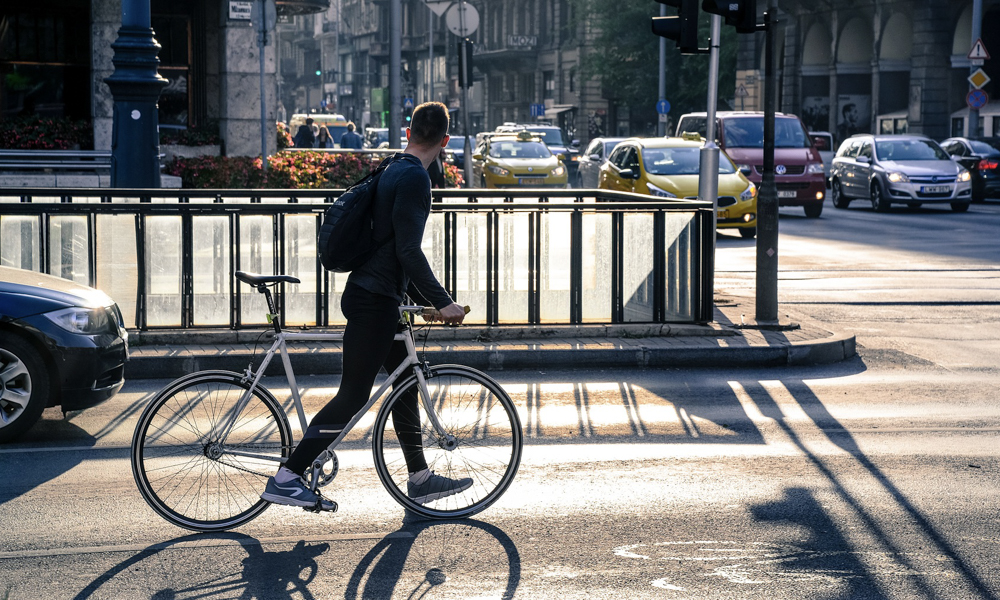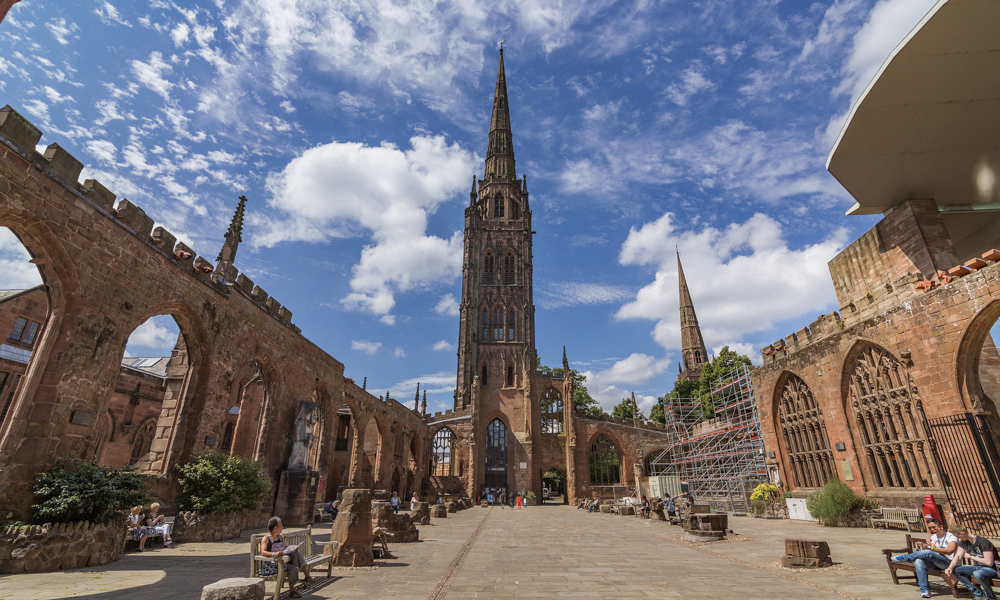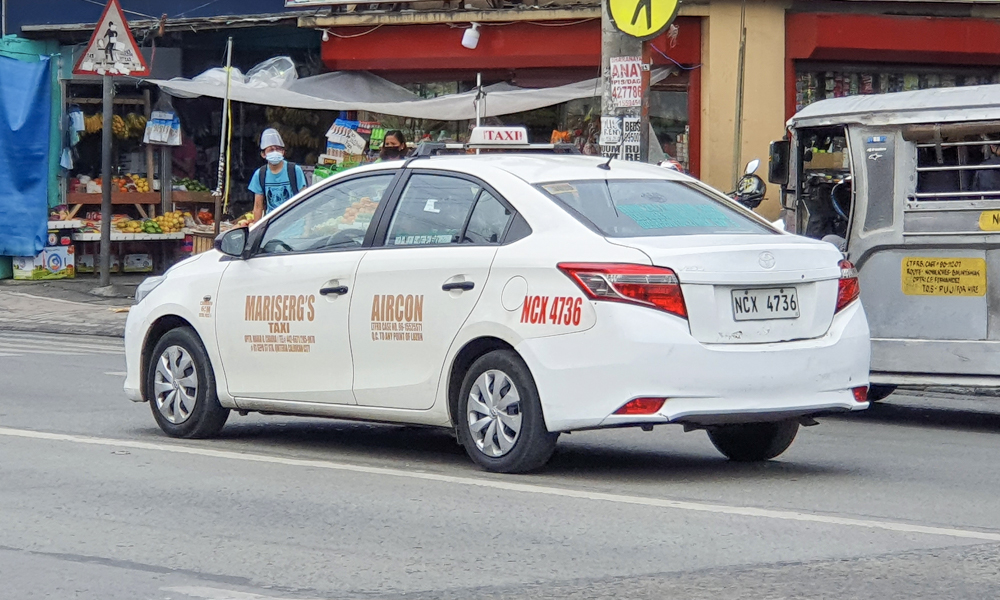
For most of us, having our own car means motoring freedom and the ability to drive anywhere at pretty much any time. Instead of being crushed like a sardine during the morning commute, you can choose to only have yourself as company and belt out your favorite tunes in the air-conditioned comfort of your motor vehicle—even if that happens to be stuck on EDSA again. As much as this freedom is a nice-to-have, we all full well know that there are way too many cars on the road in Metro Manila (and in the world in general). So, what would you do if government paid you not to use your vehicle?
This is a question a trial scheme in the UK is currently trying to answer. A small number of residents in Coventry, who drive particularly old and polluting cars, will receive anywhere between £1,500 and £3,000 (P100,000 to P200,000) per year over the next two years if they agree to have their own vehicle towed away for the duration of the experiment and use alternative transportation methods instead. They won’t be getting cash in hand, and instead will be given a payment card that can be used on public transport, taxis, hire cars, and things like bike hires and even e-scooters.

The project is the latest idea in the ongoing battle against growing traffic congestion and air pollution in England, with the core aim being to reduce the dependence of people on their own cars. A number of volunteers will soon wave goodbye to their four-wheeled machines—mostly consisting of diesel cars built before 2016 and petrol cars made before 2006—and find out if there’s life without private vehicles. While the UK generally has a better-built and maintained public transport network than the Philippines, there is still that burning question of this idea possibly working here.

For many Filipinos, owning a vehicle is more than just having a convenient way to get from A to B. Factors such as status, the desire for added safety and, of course, comfort play a big role in a mega city that continues to grow every day and makes citizens smolder in scorching heat. On the face of it, this should make exchanging your automobile for a bicycle and some MRT tickets a hard sell, but as we have seen during the COVID-19 pandemic, people are willing to use other methods to get to work and back. Cycling has become vastly more popular as people try to escape crowded buses and packed trains, and the prospect of even getting paid to do that must be appealing to a good number of people.
The same goes for taxi credits, which in the Philippines would likely translate to TNVS vouchers. This is already a popular method to get around and even a car replacement for some, so offering a cash incentive could definitely lead a few good people to either get rid of their vehicles or not buy one in the first place. The cold, hard truth is that no matter how much we all love our own cars, there simply are too many of them on the roads of Metro Manila already. Even with reduced numbers during the pandemic, air pollution is way too high and it’s killing thousands of people every year. Every reasonable idea to improve the chaotic traffic scenario deserves to be looked at. And let’s face it: Government has spent plenty of money on a lot worse things than this.
So, who’s game to try this out?


0 Comments